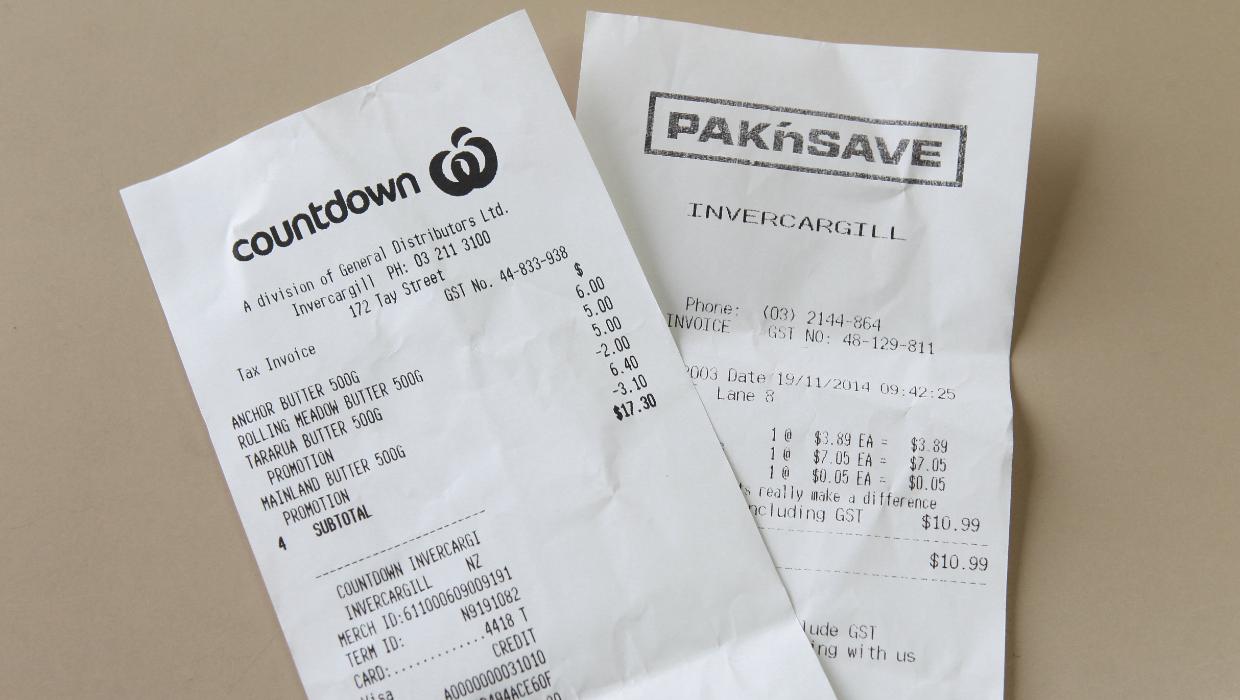Business
Supermarkets Face Questions Over Unwanted Self-Checkout Receipts

The common experience of receiving a receipt from supermarket self-checkouts, despite opting out, has raised concerns among consumers. Shoppers frequently report that even after they select the option for no receipt, a printed slip still emerges, leading to confusion and frustration.
Many customers wonder about the underlying reasons for this phenomenon. According to a study by the Retail Technology Consortium, which focuses on advancements in retail systems, one contributing factor is the design of self-checkout interfaces. Often, these systems are programmed to prioritize printing receipts as a default setting, regardless of user preferences.
Consumer Feedback and Industry Response
Consumer feedback plays a critical role in shaping the operations of supermarkets. Research conducted in Australia and the United Kingdom indicates that nearly 60% of shoppers express frustration when they receive unrequested receipts. This has prompted some retailers to explore updates to their self-checkout systems.
Retailers like Woolworths in Australia have begun to test modifications that would allow for a more streamlined customer experience. Their aim is to eliminate unnecessary printing when customers choose not to receive a receipt. However, technical limitations and the need for robust data tracking can complicate these adjustments.
In contrast, some customers appreciate the automatic receipt generation as a safeguard against potential errors during the self-checkout process. John McCarthy, a shopper from Melbourne, noted, “Sometimes I forget what I bought, and having that receipt helps me keep track.” This sentiment reflects a divide among consumers regarding the convenience versus the environmental impact of unnecessary paper waste.
Environmental and Privacy Considerations
The issue of unwanted receipts also raises environmental concerns. Each year, millions of unnecessary receipts are printed, contributing to paper waste. With growing awareness of sustainability, many consumers advocate for changes that align with eco-friendly practices.
Privacy is another aspect to consider. Some customers worry that the generation of receipts, even when not requested, could lead to the tracking of their shopping habits without explicit consent. According to the Privacy Advocacy Network, this concern has prompted calls for transparency in how supermarkets manage customer data.
Retail experts suggest that supermarkets could implement more intuitive self-checkout options that allow customers to easily choose their preferences without confusion. As technology evolves, there is potential for future systems to integrate digital receipts sent directly to mobile devices, which could reduce paper waste and enhance customer satisfaction.
The ongoing debate about self-checkout receipts illustrates a broader conversation about the intersection of technology, consumer rights, and sustainability. As supermarkets work to refine their systems, it remains clear that understanding customer preferences will be key to improving the overall shopping experience.
-

 World3 months ago
World3 months agoTest Your Knowledge: Take the Herald’s Afternoon Quiz Today
-

 Sports3 months ago
Sports3 months agoPM Faces Backlash from Fans During Netball Trophy Ceremony
-

 Lifestyle3 months ago
Lifestyle3 months agoDunedin Designers Win Top Award at Hokonui Fashion Event
-

 Sports3 months ago
Sports3 months agoLiam Lawson Launches New Era for Racing Bulls with Strong Start
-

 Lifestyle3 months ago
Lifestyle3 months agoDisney Fan Reveals Dress Code Tips for Park Visitors
-

 World3 months ago
World3 months agoCoalition Forms to Preserve Māori Wards in Hawke’s Bay
-

 Health3 months ago
Health3 months agoWalking Faster Offers Major Health Benefits for Older Adults
-

 Politics3 months ago
Politics3 months agoScots Rally with Humor and Music to Protest Trump’s Visit
-

 Top Stories3 months ago
Top Stories3 months agoUK and India Finalize Trade Deal to Boost Economic Ties
-

 Entertainment3 months ago
Entertainment3 months agoExperience the Excitement of ‘Chief of War’ in Oʻahu
-

 World3 months ago
World3 months agoHuntly Begins Water Pipe Flushing to Resolve Brown Water Issue
-

 Science3 months ago
Science3 months agoNew Interactive Map Reveals Wairarapa Valley’s Geological Secrets









